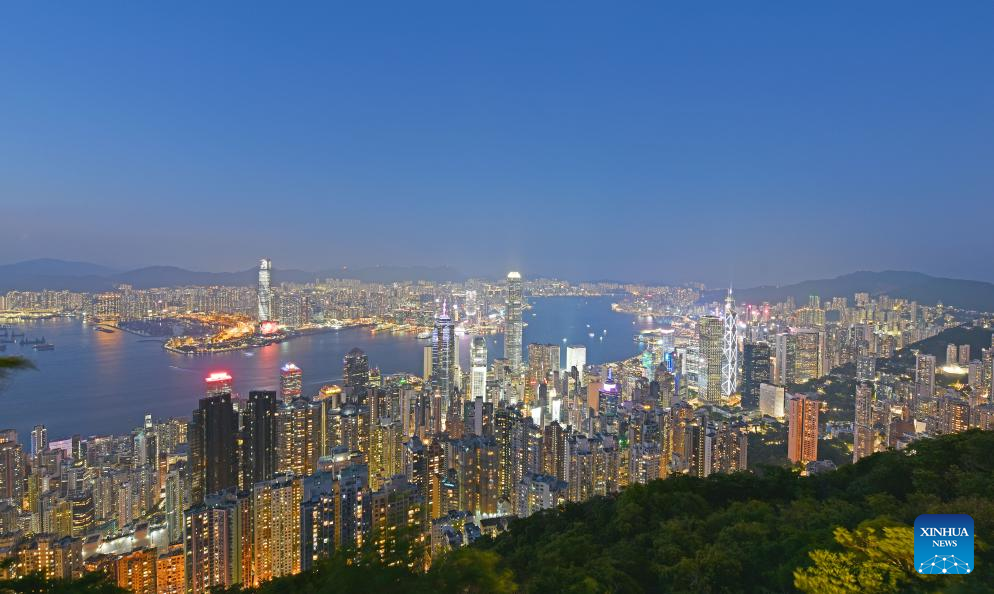
The Hong Kong securities market continues to surge, with the Hang Seng Index (HSI) closing above the 25,000-mark on Tuesday after rising during the day to its highest level in three and a half years. Global investment managers said that, despite the recent rally, the valuation of the Hong Kong equity market is still not stretched and not expensive.
The HSI, the stock market benchmark, closed at an all-day high of 25,130 points, up 135 points — a 0.54 percent hike — with a turnover of nearly HK$266.1 billion ($33.9 billion).
ALSO READ: HSI surges above 25,000 points, reaching 3-year high
The Hang Seng China Enterprises Index — a barometer of Chinese mainland companies — edged up 0.39 percent to finish at 9,075 points, while the city’s technology stock gauge — the Hang Seng TECH Index — picked up 0.38 percent to close at 5,606 points.

The heavyweight stock HSBC Holdings once surged to HK$100 per share, the first time since 2008, but the share price failed to stabilize and fell to HK$99.7 apiece, up more than 1 percent.
READ MORE: HSI buoyed by Chinese securities regulator's affirmation on HK's role
Some mainland insurance and financial stocks rose, with China Life Insurance Co climbing more than 4 percent, while Ping An Insurance (Group) Co of China and Hong Kong Exchanges and Clearing both closed slightly higher.
In addition, funds flowed into infrastructure and resource stocks while the performance of technology shares was divergent.
READ MORE: HSI continues rebound as the impact of tariffs’ turmoil wanes
“The money from onshore (Chinese mainland) looking for growth opportunities will come through southbound. The HSI has rallied to some degree, but it is not expensive still compared to some other markets. From the valuation perspective, it does not go stretch,” said Keiko Kondo, head of Asia multi-asset investments at Schroders.
As of Tuesday, the net inflow of southbound funds had increased by HK$2.7 billion, bringing the cumulative net buying amount by southbound funds to HK$800 billion this year, close to the historical high of HK$808 billion in 2024, according to Bloomberg data.


